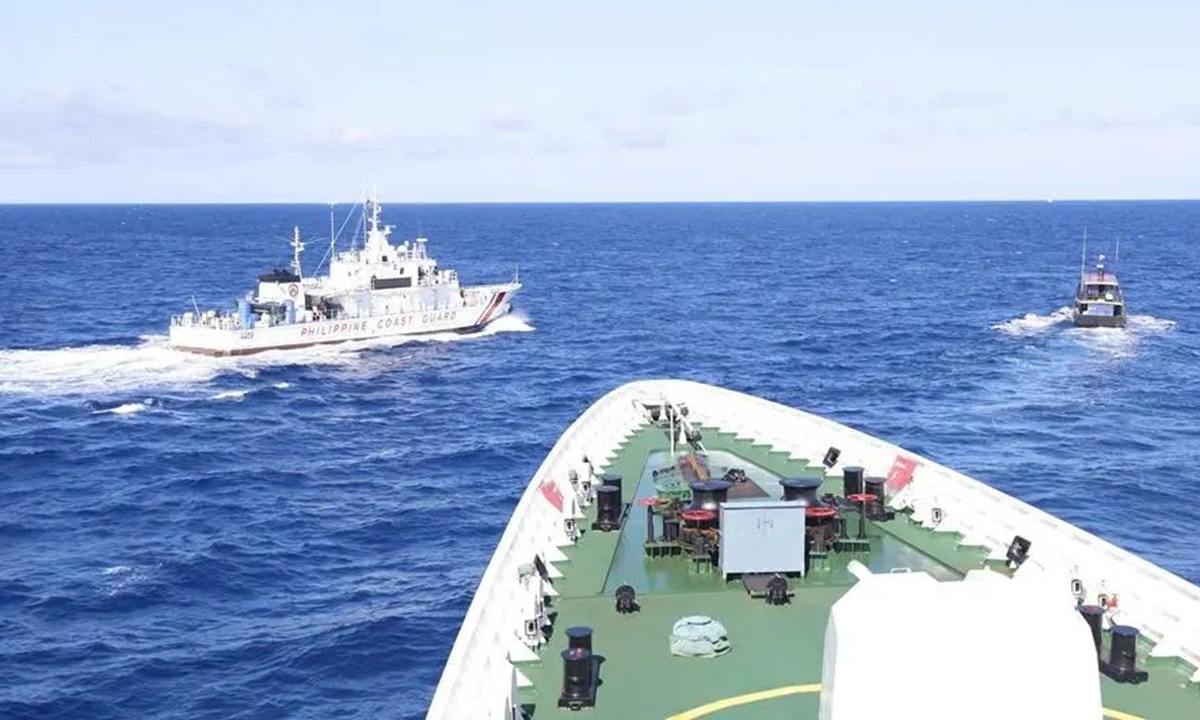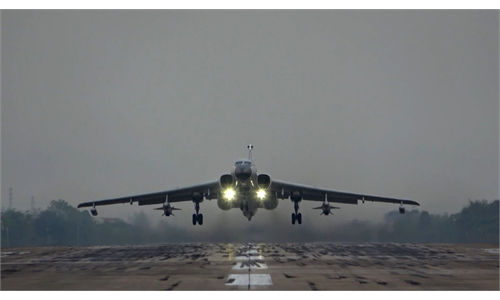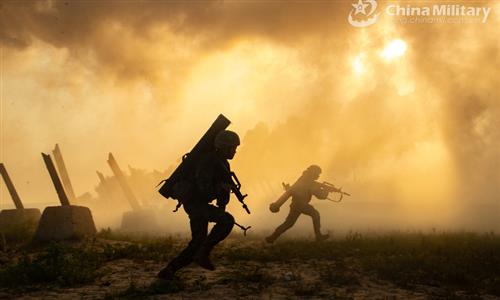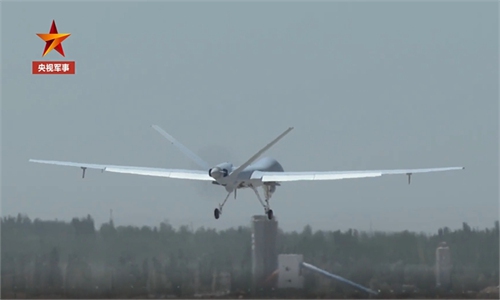Philippines to skip US-Japan-Australia joint drills in South China Sea
Logistical limitations could be ‘an excuse for Manila to seek a balance among powers’

China Coast Guard drives away Philippine vessels intruding into waters of China's Nansha Islands
The Philippines will reportedly not participate in a US-Japan-Australia joint exercise in the South China Sea this week, a move analysts said on Monday showed that the Philippines is trying to find a balance under US pressure to take advantage of Manila as a foothold in the region against China.
The US, Japan and Australia are planning to hold a joint navy drill in the South China Sea off the western Philippines this week, with all three countries deploying aircraft and helicopter carriers, namely the USS America, the JS Izumo and the HMAS Canberra, AP reported on Monday.
Commanders of the three countries' warships are set to meet with their Filipino counterparts in Manila after the offshore drills, the report said.
Led by the US, the trilateral exercise serves to maintain US hegemony, which in their eyes is being challenged by China, Chen Xiangmiao, director of the World Navy Research Center at the National Institute for South China Sea Studies, told the Global Times on Monday.
"The US military sees the South China Sea as a region to contest with China, with the other region being the Taiwan Straits. That is why the US wants to have the Philippines as a foothold in the region," Chen said.
Under this thinking, earlier this year, the US and the Philippines held their largest-ever Balikatan combat exercise, and the Philippines opened four additional military bases for US use.
The AP report linked the upcoming trilateral exercise to the recent tensions between China and the Philippines over the Ren'ai Jiao(also Ren'ai Reef)of the Nansha Islands in the South China Sea.
China Coast Guard on August 5 drove away Philippine vessels intruding into waters near the Chinese reef in an attempt to deliver building materials to an old Philippine warship illegally grounded at the Ren'ai Jiao since 1999.
The US, Japan and Australia were among countries that expressed support for the Philippines over the incident, AP reported.
However, the Philippines would not be part of the exercise due to "military logistical limitations," AP said.
Using so-called military logistical limitations as an excuse could be a part of the Philippines' tactic to seek a balance between major powers, because a complete dependence on the US could make it the biggest victim, Chen said.
With many domestic problems to be solved, the Marcos Jr administration's priority should be development, Chen said. "The Philippines needs China in terms of economic development, and the US cannot provide what it needs," he said.
If the Philippines is used by the US as a forward deployment base in a potential military conflict in the South China Sea, or worse, if the Philippines is instigated by the US to challenge China militarily, it would be the Philippines that suffers from the flames of war, while the US homeland is located thousands of kilometers away, a Chinese military expert who requested anonymity told the Global Times on Monday.
The US-Japan-Australia joint exercise is only a political show and has limited military significance, the expert said, citing China's anti-ship ballistic missiles such as the DF-21D and the DF-26 that make large vessels such as helicopter carriers and amphibious assault ships vulnerable on China's doorstep, including in the South China Sea.
The upcoming exercise by the three countries from outside the region will only have a negative impact on the current tensions. Some Filipino hardliners could see the trilateral drill as a form of encouragement, putting more pressure on Manila to lean toward the US and become more stubborn to deliver so-called supplies to the warship illegally grounded at the Ren'ai Jiao, analysts said.
In recent years, the US has gone to great lengths to interfere in the South China Sea issue. It has encouraged and supported certain countries' violation of other countries' maritime rights and sowed discord between countries in the region, which makes the US a disrupter and saboteur of the regional order, said Wang Wenbin, a spokesperson at China's Ministry of Foreign Affairs, at a regular press conference on Monday.
The US, together with its allies, frequently conducted military exercises and close-in reconnaissance in waters around China, including the South China Sea, to flex muscles and intensify tensions in the region. The US has become the biggest threat and challenge to regional peace and stability, Wang said.
The Philippines should put its own national interests first rather than choose to be tied to the US chariot against China, making itself an expendable pawn, exper




